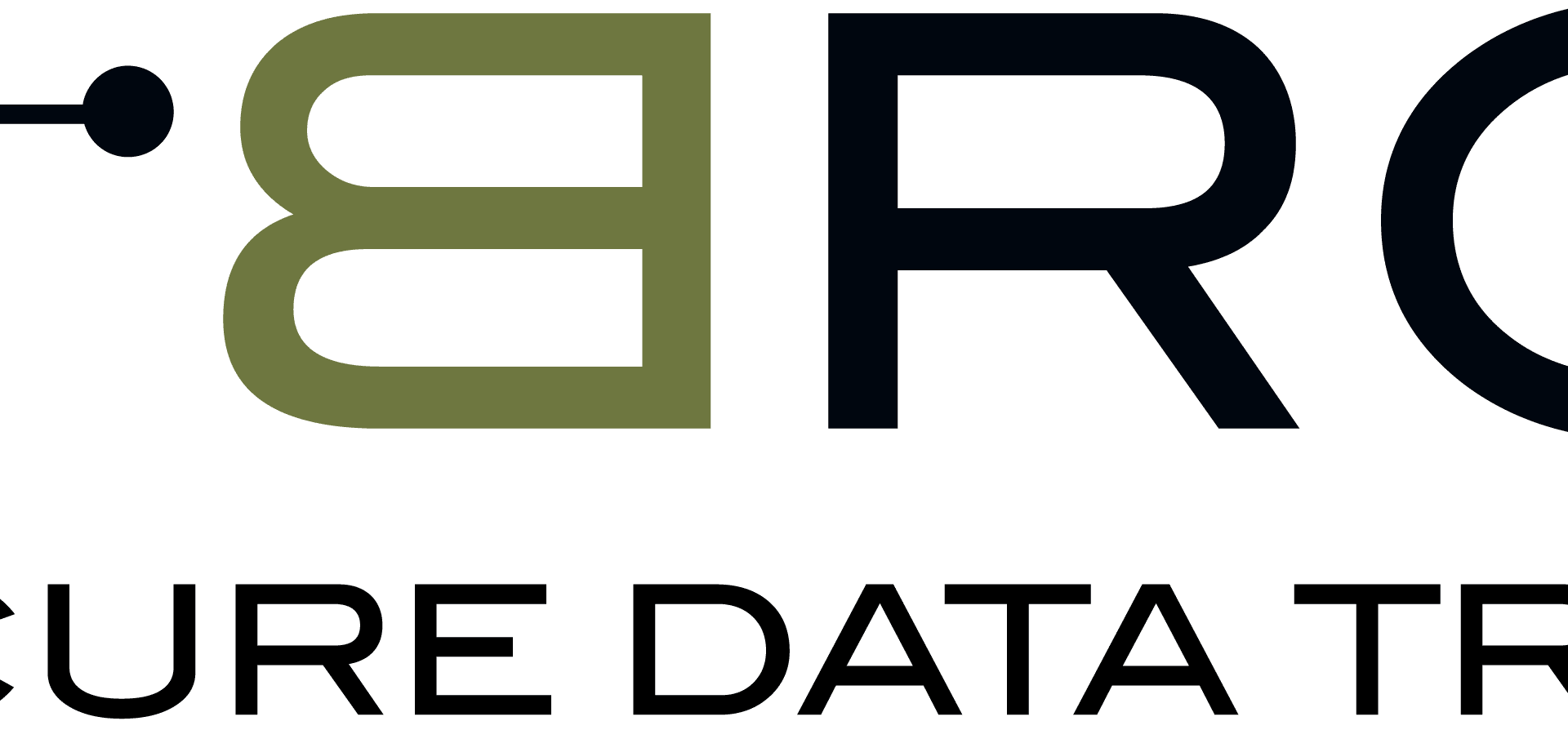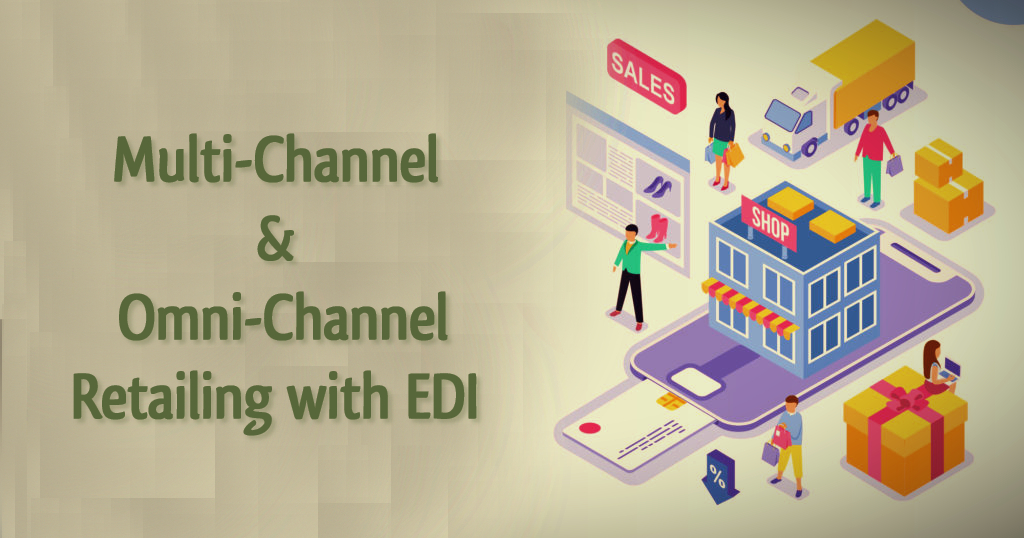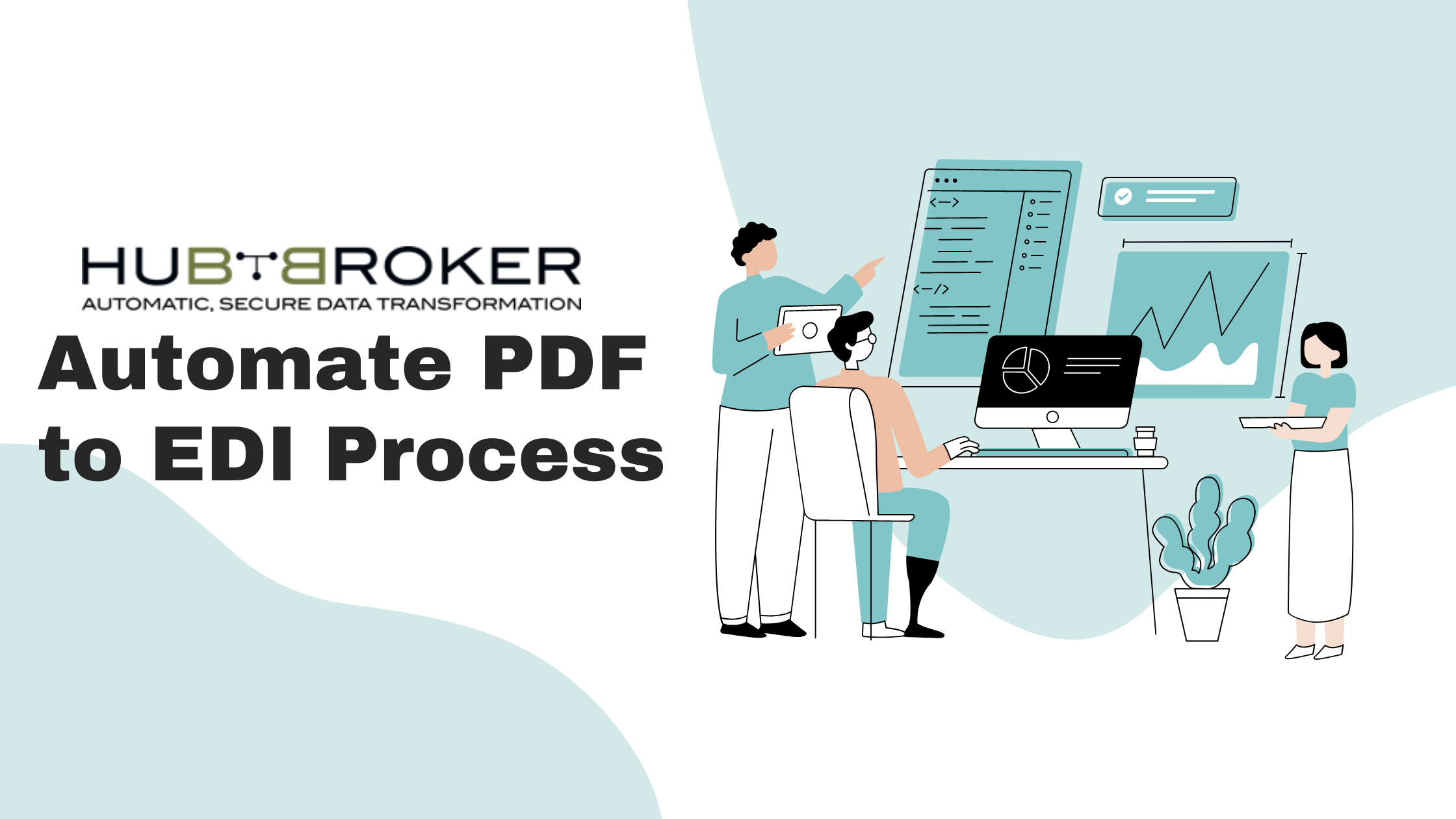The business environment in the retail sector has witnessed an incredible shift over the past decade. Nowadays, customers not only have a vast range of products to choose from, but they also have choices with how they want to make their purchases.
EDI solutions are the most important tools in the retail supply chain, and smaller retailers and e-commerce stores are beginning to learn how they can put this to work for them.
Role of EDI in Retail
GS1’s survey of the UK grocery industry showed that 87% of organizations used EDI-based Purchase Orders and 84% used EDI-based invoices to save over £650 million every year. What is the future of EDI in retail?
Changing Consumer Habits
The waning of superstores, the development of e-commerce, the emerging home delivery facilities, health crises, food waste, and transparency demand are signs that the retail industry is revamping itself, concerning the internet/web.
To cope up with these new challenges, businesses must have access to comprehensive, trustworthy, and up-to-date product information when it is needed. According to the EDI retail solution, this means enriching the information gathered from the sales of consumer products and making them more qualitative.
Sales order automation software helps retail industries understand what their customers are looking for and how they will change their products or inventory to satisfy the needs of the customers.
Creating a Reliable, Efficacious, and Responsive Supply Chain
EDI solutions are extensively used by industry leaders and are approaching their maximum development level. Faced with the enhanced complexity of supply chains and the need for real-time data transmission, you need to take a new promising step and that is blockchain.
The prime aim of retail players and their suppliers is to provide the right product to their end customers: to the right place, at the right time, and at the right price. Without a computerized and efficient B2B exchange, this won’t be possible. These two are the core challenges of the future.
Modern Day Retailing
Retailing these days is defined by two primary indices, Innovation & Choice.
Innovation: Here, innovation refers to the use of technology. A customer’s relationship with a brand is directly associated with the shopping experience. Apart from the brick-and-mortar stores, buyers, these days want to be able to view and compare prices of a product on other portals as well, such as online & mobile shopping platforms. These channels allow retailers to communicate with customers at various stages of their buyer journey and deliver a differential that separates them from their competitors. The shopping experience offered on each of these portals plays a critical role in the customer’s decision-making process.
Choice: Customers are now more empowered & informed than ever and want as much choice as possible before deciding the product that best suits their requirement. Customers want a seamless shopping experience where they can view the merchandise, compare its value with other similar offerings and make their purchase as and when they want.
Multi-channel & Omni-channel Retailing
Major retailers have understood this shift in the retail landscape. They have worked on leveraging physical and online store to create new selling opportunities. They are expanding and improving their online product offerings, upgrading their e-commerce portals, and developing branded mobile apps.
These changes have not only affected the retailing sector but have also had an enormous impact on the entire supply chain consisting of manufacturers, suppliers, and retailers. In order to support the increasing range of products & portals, retailers have been feeling the need for a secure & reliable communication method, such as EDI, between all the members of the supply chain.
What is EDI?
Electronic Data Interchange (EDI) is a computer-to-computer exchange of business documents in a standardized format between business partners. EDI is used for the transfer of business documents such as orders, invoices, inventory notes, dispatch notes, etc. EDI replaces the traditional paper-based business communication and delivers the business document in a standardized electronic format.
Role of EDI in Retail
EDI plays a vital role in bringing innovation to the retail environment. It can be implemented across the entire landscape to synchronize and speed up communication between retailers and suppliers. EDI also makes it possible to unify all online platforms by enabling retailers to sync inventory and order data between e-commerce websites, storefronts and warehouse management system.
EDI enables retailers and suppliers to conduct business efficiently and securely by exchanging order transaction information and automating ordering while keeping track of the inventory. EDI streamlines business communication that results in reduced errors and faster processing of orders, resulting in shorter order-to-cash cycles.
EDI also helps improve the customer experience by providing real-time inventory levels, dispatch information, & invoices in a secure & efficient manner.
With EDI, the efficiency of the supply chain is increased massively. This, in turn, allows businesses to develop & roll out new products much more quickly and improve the overall profitability of the business.
How EDI works in the Retail Environment
- First, the retailer creates a Purchase Order and uploads it to the EDI system. It is then sent to the supplier. With some integrations, retailers can even view the current stock of the supplier as the EDI software provides inventory transparency.
- The supplier, upon receiving the order directly in its system, checks the inventory and sends a PO acknowledgment using EDI to the retailer.
- The supplier sends the order to the warehouse system for picking and packing. Once the order is packed, the supplier sends an Advanced Shipping Notification (ASN) to the retailer, that informs him about the tentative arrival of the order.
- Upon receiving the order in the retailer’s warehouse, the packing list is uploaded to the EDI system.
- As the supplier communicates the invoice, the EDI system matches the information with the PO, ASN, and packing list to ensure accuracy. Once everything checks out, the system approves payment for the invoice. If there are any errors, the order is flagged so that it can be inspected manually for the discrepancy.
- With the right EDI integrations, the retailer can then synchronize the inventory, order & invoice data between the business system & the Webshop (Shopify, Magento, etc.). Thus eliminating manual processes while maintaining high accuracy.
Benefits of EDI in Retail
- Saves time by eliminating manual processes
- Improves data accuracy by conducting data validation after the exchange
- Makes information more accessible by integrating various business applications
- Improved customer service with digitized order processing
- Aids in supply chain management with traceable & accurate information
- Improved decision–making facilitated by the access to actionable data in real-time
HubBroker EDI Solutions
HubBroker EDI solution enables retailers to achieve a sustainable & scalable end-to-end business integration. Our cloud-based EDI solutions give your business the much-needed agility & visibility to manage your entire business ecosystem, spanning from trading partners to customers.
Our EDI solutions streamline your B2B communications, critical for today’s rapid supply-chain environment, by integrating trading partner & Webshop data with your business system.





